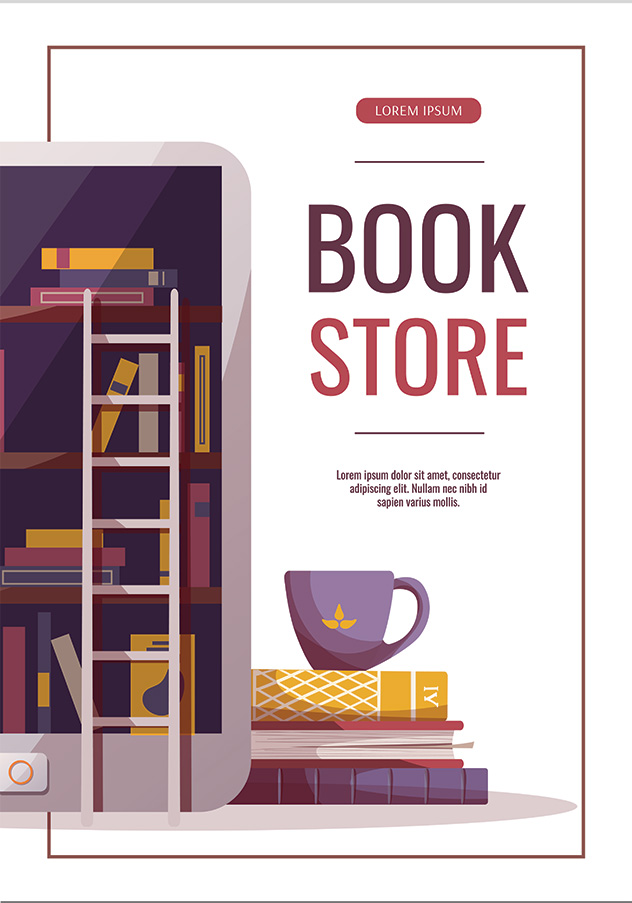
Dastagir, Alia
product information
description
5An urgently needed reckoning with the harm, harassment, and abuse women face on the Internet, complicating how we think about violence online and featuring deep reporting on how women are surviving the trauma--by an award-winning reporter When Alia Dastagir published a story for USA Today as part of an investigation into child sexual abuse, she became the target of an online mob launched by QAnon and encouraged by Donald Trump, Jr. While female journalists, politicians, academics, and influencers receive a disproportionate amount of online attacks because of the nature of their professions, all women online experience hate, creating profound harms for individual women and society. In To Those Who Have Confused You to Be a Person, Dastagir uses critical analysis from psychologists, sociologists, neuroscientists, technologists, and philosophers to offer a uniquely deep and intimate look at what women experience during online abuse, as well as how they cope and make meaning out of violence. Dastagir weaves together her story with those of thirteen other women, including a comedian who uses feminist humor to subvert her harassment and an ob-gyn who channels anger over her abuse to fight attacks on reproductive rights. Dastagir explores why language online cannot be ignored, how it damages bodies, when it triggers and traumatizes, and why women's responses are so varied. Dastagir analyzes why online abuse is perpetrated by people across the ideological spectrum and how it intersects with the dangers of disinformation. She argues that while online abuse is often framed exclusively as a problem of misogyny, it is also connected to a culture of white supremacy and the systems with which it intertwines. To Those Who Have Confused You to Be a Person is the book on online abuse for this cultural moment, when being online is a daily necessity for so many, even as we grow ever more polarized. Systemic solutions are key to combating violence online, but the narrative of reform does not help women today. This nuanced examination of what it means to effectively cope will empower women to raise their voices against the forces bent on silencing them.
member goods
No member items were found under this heading.
Return Policy
All sales are final
Shipping
No special shipping considerations available.
Shipping fees determined at checkout.







